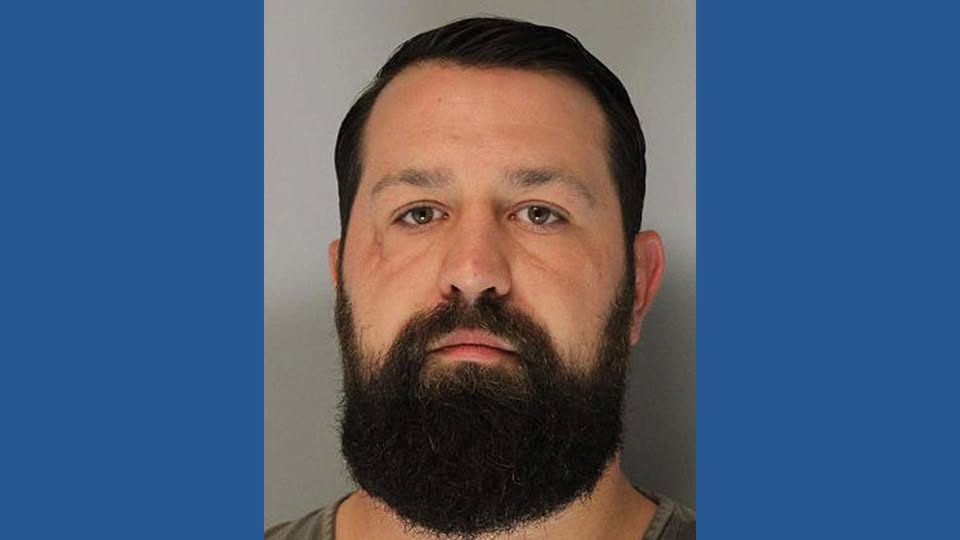A quiet residential street in Flowery Branch, Georgia was shaken this week when law‑enforcement took into custody 33‑year‑old Stanley Bruce Fyfe IV at his home on Paradise Point. The charge: four hundred counts of sexual exploitation of a minor. The arrest came after a year‑long investigation carried out by the Hall County Sheriff’s Office (HCSO) Internet Crimes Against Children Unit.
The case began to unfold in June 2024 when the National Center for Missing & Exploited Children (NCMEC) submitted a cyber‑tip to the HCSO pointing to suspicious digital addresses tied to Fyfe’s home. Over the following months, investigators received six additional tips — all tied to the same physical and internet addresses.

In late February 2025, the HCSO executed a search warrant at the residence, though Fyfe was not present at the time. On March 2, authorities recovered a cellphone belonging to Fyfe, and forensic analysis of the device was completed in October. That forensic review reportedly uncovered at least 400 images of child sexual abuse material (CSAM), which ultimately led to the felony arrest warrant.
Fyfe is currently being held in the Hall County Jail without bond. The case remains active and investigators caution that additional charges may follow as the investigation continues. When asked whether any victims were local, the HCSO declined to elaborate, citing the ongoing nature of the investigation.
Neighbors report Fyfe’s address in what was previously considered a quiet lakeside neighborhood on Paradise Point. Many are now coming to terms with the fact that beneath the surface of everyday homes and familiar streets, a serious criminal investigation had been unfolding for over a year. The duality — serene lake views on one hand, and suspected exploitation activities on the other — has rattled many in the community.
For the investigators, the case underscores both the challenge and importance of tracking cyber‑tips and digital footprints. Units like HCSO’s ICAC are increasingly called upon to trace IP addresses, monitor online activity, and connect those signals to physical addresses — often long before arrests occur. In this instance, six separate tips following the initial one reflect how layered and patient such investigations must be.
As the legal process moves forward, the charges now facing Fyfe serve as a stark reminder of the hidden dangers and the work of law‑enforcement in communities large and small. Parents, neighbors, and local citizens are once again confronted with how technology and trust intersect, and how vigilance — from digital alerts to neighborhood awareness — remains critical. The impact on potential victims and families is still unfolding, and for Flowery Branch, normalcy now includes a heightened awareness of what can remain unseen.



